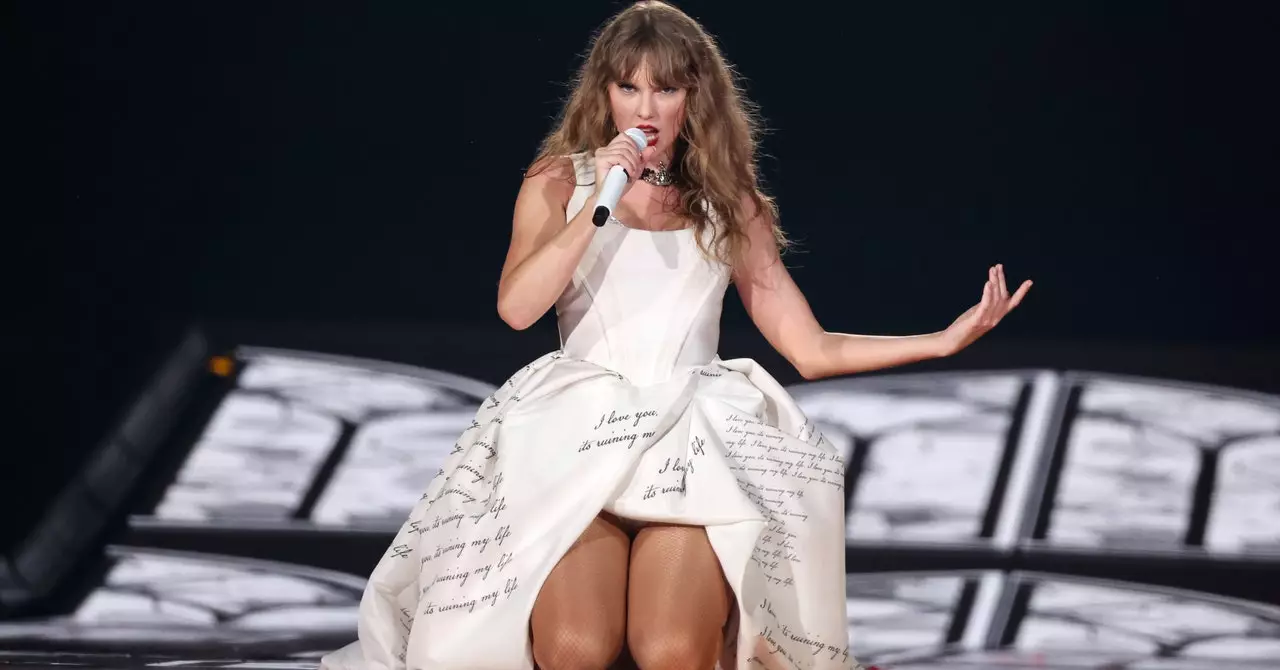The ongoing crisis in the ticketing industry has thrust the collaboration between Ticketmaster and Live Nation into the spotlight, raising numerous concerns among fans and industry experts alike. The situation escalated to a Senate hearing that sought to investigate the extent of consolidation within the ticketing sector. In a historic move, the US Department of Justice (DOJ) initiated an antitrust lawsuit aimed at dismantling the alleged monopoly wielded by Ticketmaster and Live Nation. This legal battle suggests a growing public and regulatory outcry against perceived monopolistic practices obstructing fair market competition.
In response to the DOJ’s accusations, Live Nation refuted claims of monopolistic behavior. The company argued that the DOJ’s move fails to address the real issues faced by fans, such as the omnipresent high ticket prices and digital service fees. They emphasized that a substantial portion of ticketing fees does not benefit Ticketmaster alone but rather goes to the venues that they serve. This argument points to the complexity of the ticketing ecosystem, where multiple stakeholders exist and competition, they assert, has been eroding their market dominance over time. However, this perspective raises further questions about how entrenched relationships between ticketing platforms and venues might stifle genuine competition, thereby affecting consumer choice and prices.
The emergence of a widespread fan backlash was galvanized by frustrated loyalty and perceived betrayal, particularly following high-profile events such as Taylor Swift’s album release, which aimed to reward dedicated fans with special ticket access. Allegations soon arose, accusing Ticketmaster of not adhering to its commitment to equitable ticket distribution. Furthermore, fans highlighted how exclusive contracts with major venues restrict access and inflate prices, undermining the competitive landscape. These grievances prompted a lawsuit that outlined claims of breach of contract, fraud, and other violations. Central to the complaint is the contention that Ticketmaster’s business practices are purposefully designed to manipulate the market for financial gain at the expense of consumers.
The recent amendments to the initial lawsuit signal an important development—these changes extend beyond the original focus on Taylor Swift fans to address a broader audience of concertgoers. This progressive shift underscores a growing recognition of persistent issues in the ticketing industry that impact numerous artists and fans alike. By incorporating a potential RICO (Racketeer Influenced and Corrupt Organizations) violation into the new complaint, legal representatives signal an insistence on a more thorough investigation of Ticketmaster’s business dealings and practices.
As the lawsuit unfolds, it opens the door to larger discussions about potential reforms within the ticketing industry. The outcome could reshape the landscape of live event ticketing, determining whether consumers will see reduced prices and increased genuine access to shows or whether Ticketmaster will continue to navigate the waters of competition with minimal oversight. The intersection of legal action, public sentiment, and economic considerations presents a complex tapestry that will require keen observation as this story develops. Fans and competitors alike await what changes could come from this critical juncture in the industry and whether justice will prevail in favor of an equitable marketplace for live events.

